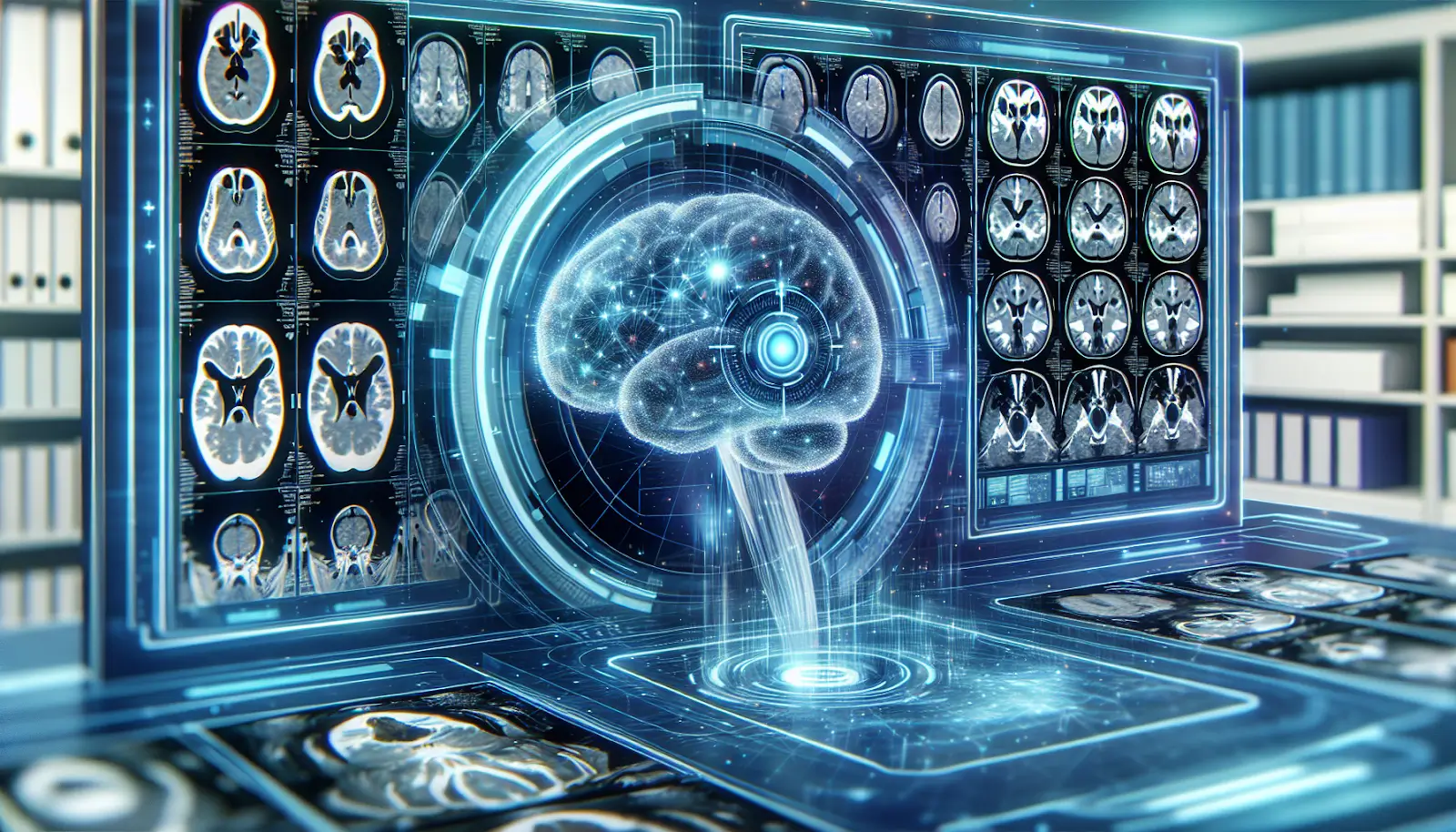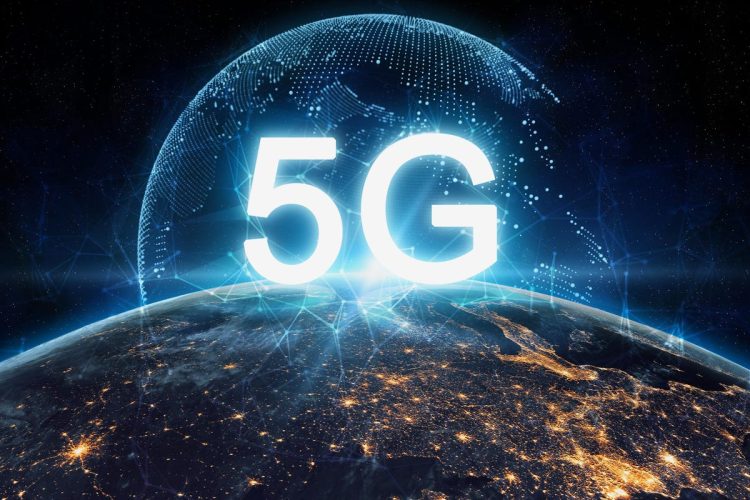The convergence of technology and healthcare has always been a fertile ground for innovation. From telemedicine and electronic health records to AI-driven diagnostics and robotic surgeries, healthcare has continuously evolved with technological advancements. But one breakthrough that has the potential to radically transform healthcare as we know it is 5G technology. As the fifth generation of wireless communication technology, 5G promises faster speeds, lower latency, and greater capacity compared to its predecessors. But what does this mean for healthcare? Could 5G really unlock new possibilities? Let’s explore.
A Leap in Communication
5G technology is more than just faster mobile internet. It’s a complete upgrade that brings ultra-low latency (the delay before a transfer of data begins following an instruction for its transfer) and higher bandwidth to the table. For healthcare, this has the potential to revolutionize how data is transmitted, processed, and used.
Imagine doctors performing real-time remote surgeries or emergency responders receiving live, high-definition medical data while en route to an emergency. Telemedicine, which surged in popularity during the COVID-19 pandemic, could become more effective with 5G, allowing healthcare professionals to conduct virtual consultations with virtually no lag, even when sharing complex medical imaging or high-definition videos.
Reduced latency and improved communication can also facilitate instant collaboration between doctors, specialists, and medical teams, no matter where they are geographically. This could be a game-changer for rural or underserved areas that struggle with accessing timely medical expertise.
Real-Time Monitoring and Wearable Technology
One of the most exciting possibilities 5G offers is its ability to support real-time monitoring through wearables and IoT (Internet of Things) devices. Today’s wearables, like fitness trackers, can measure basic metrics such as heart rate, steps, and calories burned. With 5G, however, the scope of what these devices can monitor is vastly expanded.
Imagine a patient with a chronic illness being able to have their vitals tracked in real-time, with any abnormalities flagged instantly. 5G could enable continuous transmission of health data from a patient’s wearable device to their healthcare provider, ensuring that doctors are always informed and can make immediate decisions if necessary.

This real-time flow of data could be particularly transformative for managing chronic diseases, such as diabetes or cardiovascular disease, where early intervention is crucial. Moreover, wearables could continuously transmit data to cloud-based systems, where AI algorithms can analyze the data and predict potential health risks before they become emergencies.
Remote Surgery and Robotics
The prospect of performing surgeries remotely is no longer just a theoretical concept, and 5G could be the key to making it a reality. Surgeons can already use robotic systems in the operating room, but these systems typically require very precise control. Until now, the speed and responsiveness required for remote surgeries have been hindered by network limitations.
With 5G’s ultra-low latency, remote surgeries could become more precise and safer. Surgeons in different parts of the world could operate on a patient using robotic tools, making it possible to access the expertise of world-class surgeons, regardless of location. This capability is especially beneficial for people living in regions without access to specialized healthcare services.
The healthcare sector could also see AI-powered robotic surgery becoming more widespread, where robots assist surgeons during complex procedures. The data transmission speed enabled by 5G would allow these systems to respond in real-time, without delay, providing surgeons with a new level of control and precision.
Enhanced Data Analysis through AI and Machine Learning
5G’s capacity to handle vast amounts of data opens up new frontiers for artificial intelligence (AI) and machine learning (ML) in healthcare. AI’s potential for diagnosing and predicting diseases is already impressive, but the volume of real-time data required for such systems to function optimally demands high-speed connectivity.
For example, 5G could enable AI algorithms to quickly process large datasets of medical images (X-rays, MRIs, CT scans) in real-time, improving diagnostic accuracy. AI can also be used for predicting patient outcomes, detecting patterns in medical histories, and optimizing treatment plans. The high speeds and low latency of 5G would allow these processes to happen instantly, transforming how healthcare providers make decisions.
The integration of 5G-enabled AI systems in diagnostics could lead to earlier disease detection, reducing treatment costs and improving patient outcomes. AI can also streamline administrative tasks, allowing doctors to spend more time with patients rather than on paperwork, further improving the patient experience.
Empowering Personalized Medicine

Personalized medicine is another area where 5G has the potential to make a significant impact. By enabling better connectivity, 5G can allow healthcare providers to offer more tailored treatments based on an individual’s genetic makeup, lifestyle, and medical history.
With real-time data transfer between genetic tests, medical records, and health-monitoring devices, doctors could make more informed decisions about treatments, ensuring they are customized to each patient’s unique needs. This could lead to improved patient outcomes, reduced trial-and-error in medication prescriptions, and better overall treatment efficacy.
Moreover, 5G could allow for faster sharing of genomic data, which could expedite drug development and clinical trials. Researchers could more efficiently pool global datasets to accelerate medical discoveries and the development of new therapies.
5G and Healthcare Logistics
5G could also bring about improvements in the logistics of healthcare. For instance, hospitals could benefit from more efficient management of medical supplies, from inventory tracking to real-time monitoring of equipment. With 5G-enabled RFID tags and sensors, hospital staff could monitor the status of medications, ensure the optimal storage of temperature-sensitive items like vaccines, and even track patients’ movements within a hospital.
Additionally, autonomous vehicles, such as drones or self-driving ambulances, could be powered by 5G to deliver medical supplies or transport patients more quickly and efficiently. This would be particularly valuable in emergency scenarios, where every second counts.
Overcoming Challenges and Risks
While the potential of 5G in healthcare is immense, there are several challenges that need to be addressed before widespread adoption. One of the major concerns is data security and privacy. With an influx of real-time data being transmitted across 5G networks, there is an increased risk of cyber-attacks and unauthorized access to sensitive patient information. To ensure the success of 5G in healthcare, robust cybersecurity measures must be put in place.
Additionally, equitable access to 5G infrastructure is a critical issue. Rural and low-income communities may not have access to the high-speed networks needed to support these advancements. Policymakers and healthcare leaders must work together to ensure that 5G’s benefits are accessible to all populations.
Finally, the integration of new technologies into existing healthcare systems can be complex and costly. While 5G offers enormous promise, the healthcare industry must invest in infrastructure, training, and the development of new tools to harness its full potential.
Conclusion
The advent of 5G presents exciting opportunities to revolutionize the healthcare industry. From enabling real-time monitoring of patients to facilitating remote surgeries and enhancing AI-powered diagnostics, the possibilities are vast. While there are challenges to overcome—particularly related to data security, equity, and infrastructure—the transformative potential of 5G cannot be overlooked. As the technology continues to evolve and healthcare systems adapt, 5G could indeed be the key that unlocks new and unprecedented possibilities for improving health outcomes around the world.










































